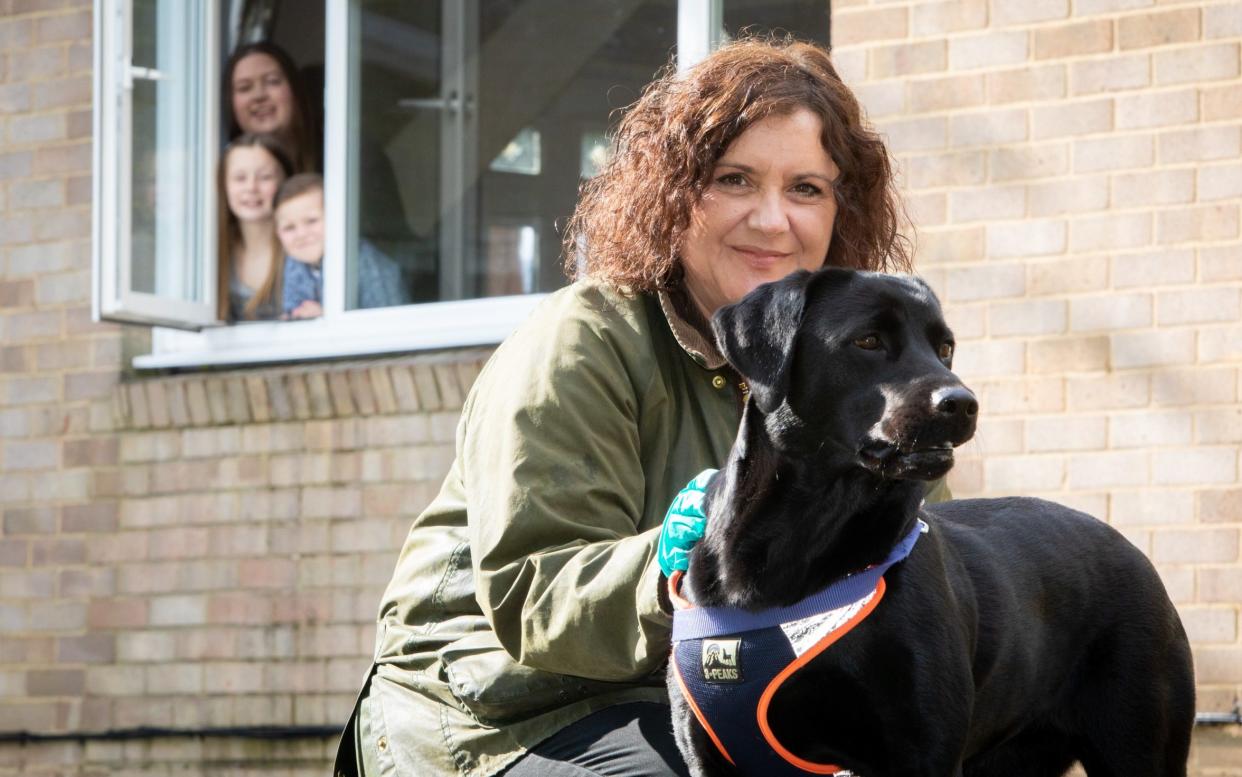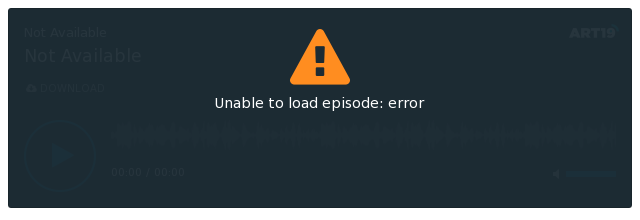People shielding from coronavirus 'feeling left behind' as lockdown measures ease


More than two million people have been left feeling “confused, frustrated and forgotten” after being told they may be left in isolation "for several more months"..
The heads of almost 50 charities have written to ministers saying the lifting of the lockdown with little reference to those deemed too vulnerable to leave home, is making their burden even harder to bear.
Boris Johnson's announcement on Thursday that groups of up to six people from different households could meet in gardens and common spaces said little about those who are being told to stay at home regardless.
Around 2.2 million people classed as extremely vulnerable have spent more than two months shielding, after being issued with advices to stay home completely, and rely on food deliveries and medication being dropped off.
When the measures came in, they were told they would last for 12 weeks.
Since then, the Government has given no timeframe on when lockdown measures for such people - who including those being treated for cancer, and sufferers from conditions like severe asthma, cystic fibrosis and arthritis - will be lifted.
A letter from 48 charity leaders to the Cabinet Office calls for clear guidance on what to do when the current 12-week lockdown period for the most vulnerable ends.
Steven McIntosh, Macmillan Cancer Support policy director, said the latest announcement was "incredibly bleak and distressing" for those in the high-risk category.
And he said some of those confined to their own homes were struggling to access food and medicine, with others making difficult decisions about whether they could return to work.
He said: "It's simply not acceptable that they just get a message that they are going to have to continue to do this for some time longer, they need to understand what that means and what support is available.
"Macmillan is hearing from people who feel left behind and forgotten, who got a letter at the start of March telling them to stay in total lockdown, not to leave the house, not to see anyone, to protect themselves.
"They feel there has been a huge lack of communication to help them understand what lockdown means for them."
Other signatories to the letter include the British Lung Foundation, Asthma UK, the MS Society, Versus Arthritis; Kidney Care UK and the Cystic Fibrosis Trust.
The charities said the impact of the enforced captivity on the mental health of vulnerable people was particularly concerning.
Mr Mcintosh said: "All of society has been struggling with the impact of lockdown, but for someone with a severe medical condition... already having spent three months in total lockdown without leaving the house, and now spending further months with a lot of uncertainty about what that means for them, that is incredibly bleak and distressing.
"Many of them feel that they are seeing the days of their lives ticking away without any certainty as to when they are going to be able to see their loved ones, leave their house, or live their lives to the fullest."

A Government spokesperson said: “The Government is committed to supporting the clinically extremely vulnerable and all decisions about whether someone should shield are clinically led.
"Clinicians are identifying people who had initially been advised to shield from coronavirus but no longer need to do so. Where this is the case, the person should be informed by their clinician that they are being removed from the Shielded Patient list. Clinicians have been given guidance to help them communicate this.
“Up to 200,000 calls a day have been made to shielded patients to confirm their support needs and over 2 million boxes of essential food have been delivered.”


